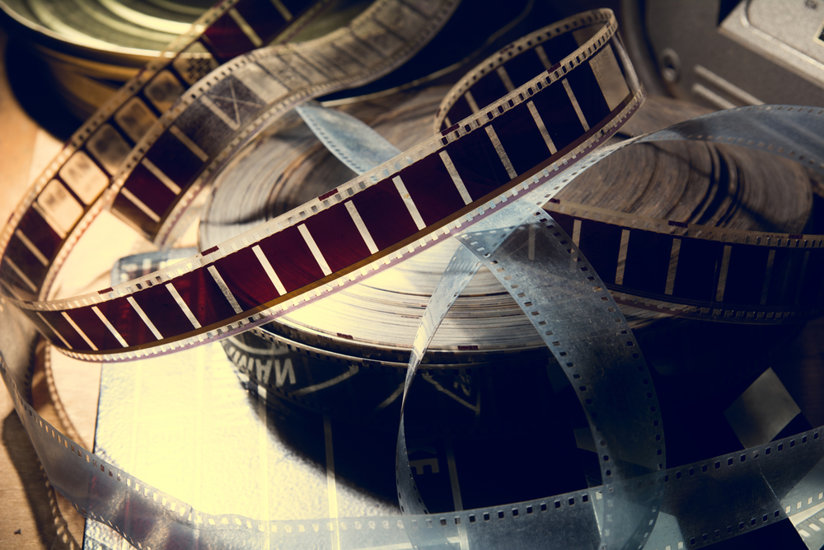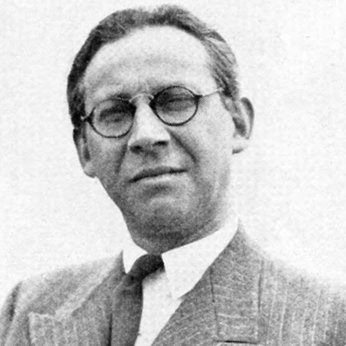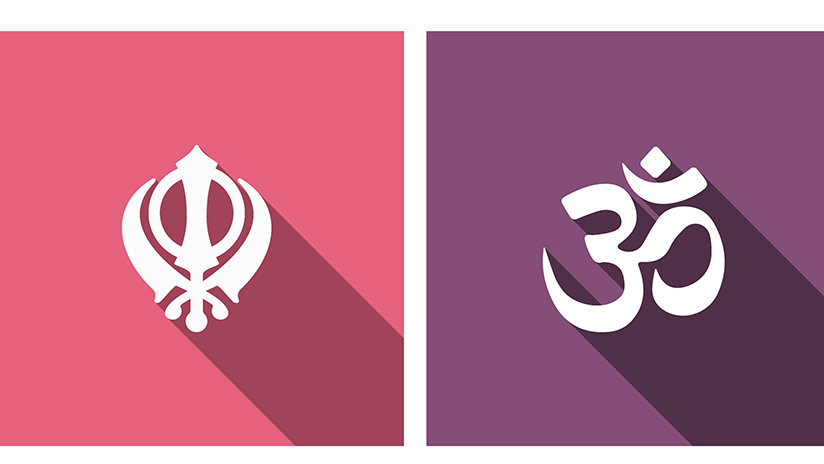
-
HOME
-
WHAT IS STANDOur Mission Our Values Our Help Contact
-
WHAT WE FIGHT FORReligious Freedom Religious Literacy Equality & Human Rights Inclusion & Respect Free Speech Responsible Journalism Corporate Accountability
-
RESOURCESExpert Studies Landmark Decisions White Papers FAQs David Miscavige Religious Freedom Resource Center Freedom of Religion & Human Rights Topic Index Priest-Penitent Privilege Islamophobia
-
HATE MONITORBiased Media Propagandists Hatemongers False Experts Hate Monitor Blog
-
NEWSROOMNews Media Watch Videos Blog
-
TAKE ACTIONCombat Hate & Discrimination Champion Freedom of Religion Demand Accountability
Celluloid, Cigarettes and Religion
“Oh so you’re a Scientologist—what is that, some kind of cult?”
The tone was caustic, a bit sneering.
It was the early 90s and we were sitting in a dingy film editing room in Encino, California. I looked over at Steve, who’d just asked me the question. He was a fellow film editor; we’d both met earlier that day when our boss, Fima, had pointed to stacks of film reels and told us in his thick Russian-Yiddish accent, “We have three film to cut, I don’t care who cuts which one.” I picked the thriller while Steve picked one of the two action films—standard fare for direct-to-VHS films in those days.

I can’t remember how Steve ended up asking me about Scientology. It’s not like I walked up to him wide-eyed and said “Hi, my name’s Stephen and I’m a Scientologist!” I just don’t do that because it would annoy me if someone presented themselves and said “Hi, I’m Bob. I’m a ___.” I mean, I’ll enjoy that talk over a beer after work sometime, but that would be weird right off the bat, right?
Anyway, the subject came about one way or another—oh yes, I remember now. Steve asked me how I met my wife, an actress he admired. I replied “Yeah, we were both doing a Scientology thing…” Then came the wisecrack. I just fired back with “Whatever happened to religious freedom?” Steve looked surprised. He thought he was being cute but saw that I thought otherwise and backed off.
Film editors work long hours—even longer back in the days of actual film, when you were touching celluloid. Damn stuff would keep ripping and you’d have to splice it back together, so it was 10 hours a day, six days a week, at least. Plenty of time to bond, usually during smoke breaks in the stairwell. I learned Steve was more or less an atheist, but apart from that we left religion alone from then on. We talked film, the business, how little we were being paid, and personal stuff—family, career, aspirations.
It’s never easy being the different one, the exception to the rule, the guy going left while everyone else is going right.
The film company we were working for was run by Israelis, some of whom were practicing Jews, while for others religion was more of a social thing. In the office there were Christians, some Hindus and plenty of “whatevers” who didn’t think about religion. Fima, our boss, had escaped the anti-Jewish purges in Russia at the dawn of WWII and made his way to the U.S. So religious tolerance should have been a given. And yet I still felt the need to “hide” my religion. I really didn’t want to be that “Hey, have you heard about my new religion?” guy. So I did the opposite: I submerged it. And since the people who ran the company were Jewish and spoke Hebrew, for the High Holy Days I learned to say “shanah tovah,” and when Passover came around I too would eat matzah and not bread. You could call it respect, but frankly I was trying to pass off that maybe I was Jewish without downright lying about it.
I remember one day Alan, the producer, looking at me skeptically: “You’re not Jewish are you?” to which I gave a long-winded reply that even though I wasn’t brought up Jewish, my great-grandfather on my mother’s side was Jewish and—he cut me off. “Are you circumcised?” I told him I was, and he was satisfied. (Which is good, because, for a moment there I thought he was going to have me prove it!)
I wasn’t going to be fired because I was a Scientologist. I wasn’t going to be denied a promotion for being a Scientologist. People were still going to like me. But I was insecure and I thought they would like me better if I were more like them. I wanted to fit in.

Of course, the irony is not lost on me that Jews themselves pretended to be gentile in years past. The great producer Sir Alexander Korda hid from his own family that he was Jewish, changing his last name from “Kellner” to the Christian “Korda” when fleeing Budapest for London. He wanted to fit in too, although in his case he also wanted to stay alive.
It’s never easy being the different one, the exception to the rule, the guy going left while everyone else is going right. So I feel for members of minority religions living and working in environments where there’s open hostility to their beliefs.
But I’m kind of embarrassed now, thinking about how I reacted to that situation. I was a different guy back then, younger and insecure in my career and my life. Yes, getting older and wiser helped, but frankly the real difference is that I progressed in Scientology, which lifted the internal burdens that made me serious. Life is fun now and today things don’t bother me that did back then. So yeah, if I could do it again differently, I would.
But there’s one thing I wouldn’t change. If tomorrow someone hassles me at work about my beliefs, I would still say the same thing: what ever happened to religious freedom?









